1962 saw the publication of Ghassan Kanafani’s Men in the Sun, a striking novella that depicts the fates of three Palestinian refugees as they seek to make their way out of an Iraqi camp, hoping to find work in Kuwait. From a committed revolutionary and visionary documentarian of liberatory futures, Men in the Sun was one of Kanafani’s most powerful and symbolic tales—a narrative that at once elucidated the precarious liminal position of the exiled, and criticized passivity and silence in the face of injustice. Ten years later, the story would be adapted and released as The Dupes by Egyptian director Tewfik Saleh, who repudiated Arab cinema at the time as being woefully ignorant, stating: “No one ever proposed a serious political analysis of [the Palestinians’] situation as victims of an imperialist machine.”
That same year, in 1972, Kanafani was assassinated by a car bomb placed by the Israeli Mossad; his seventeen-year-old niece died along with him. He would be remembered as a comrade who had never lost faith in the Palestinian cause, continuing to insist that the future, with all its hardships and destructions, was still a site of hope: “I knew, however, that a distant homeland was being born again: hills, olive groves, dead people, torn banners and folded ones, all cutting their way into a future of flesh and blood and being born in the heart of another child. . .” In this vein, him and Saleh were united in the necessity of persistence, with the latter explicating: “. . . I think, even if this isn’t everyone’s opinion, that a film like The Dupes is extremely mobilizing. Under what conditions can we say a film is mobilizing? When it inspires the overthrow of a situation.”
In this edition of Asymptote at the Movies, we take a look at Men in the Sun and The Dupes, the way these two master storytellers intersect, diverge, and speak together of human dignity—how it has been undermined by the world. When Men in the Sun was published, there were 1.1 million refugees registered with UNRWA; today, there are approximately six million. The persistence to live continues, and the resistance along with it.
Christina Chatzitheodorou (CC): In these two narratives, Tewfik Saleh and Ghassan Kanafani grasp the meaning behind the Nakba as an ongoing event and a transgenerational trauma, focusing on three generations of Palestinians who, after being expelled from their homeland after 1948, find themselves living in temporary shelters. Yet the fact that Kanafani uses three generations of Palestinians to tell the story symbolizes how the temporary experience of exile has been transformed into something permanent, with dispossession being at the heart of the Palestinian experience. The protagonists each have their own flashbacks—living off their memories—and though they are products of different Palestinian experiences, their commonalities are found in betrayal and despair, the material implications related to the loss of the homeland.
Mia Ruf (MR): I was also struck by the frequent use of flashbacks, both in the novel and the film. Each character enters the story with his respective memory burden. I thought that the montage interweaving Abu Quais’s experiences with shots from the broader “historical record” (diplomatic summits, etc.) was particularly impactful—it really gave us a sense of the scope of Abu Quais’ life, in both general and personal terms. Over the course of the narrative, though, as Abu Quais, Abbas, Marwan, and their smuggler Abu Khaizuran make their way toward Kuwait, all these individual memories converge, in a way. There’s a line in the text: “their thoughts seemed to run from one head to the other”—it’s almost like the men have come to share a collective consciousness, the heat melting their minds into one. In Saleh’s film, this is evoked through shots of swirling dust on the barely-perceivable road toward Kuwait—objects in the physical world become less and less individuated.

Although the men share in one another’s misery, they die in utter isolation, in darkness, baking to death inside a sweltering water tank. Though it’s not included in the book, the film has the men banging on the insides of the tank for help in their final moments, unheard by Abu Khaizuran, who has been held up at the customs desk. This is a broader theme in the film and text: the exiles’ repeated pleas for help, the world’s failure to respond, and the crushing sense of isolation and betrayal that results.
READ MORE…


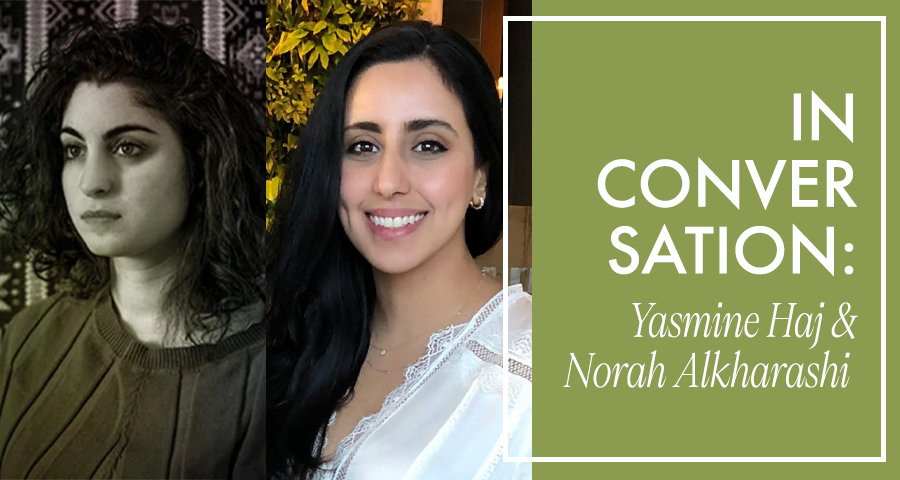
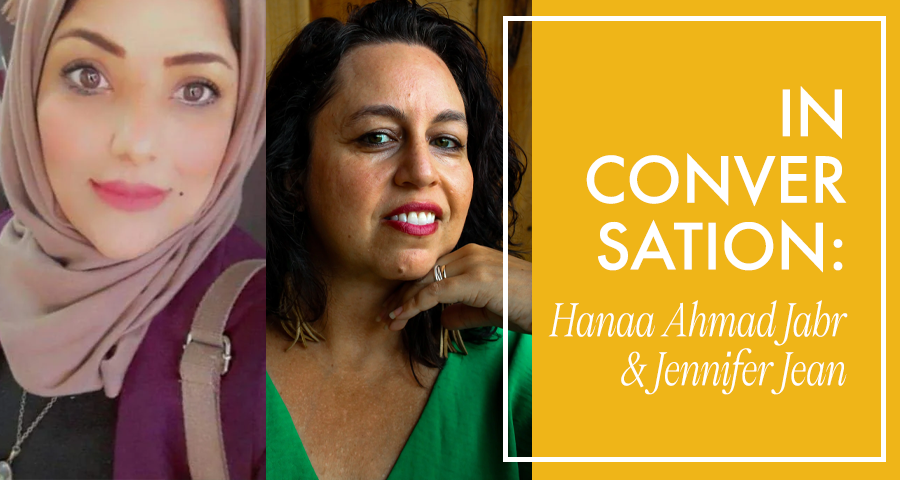
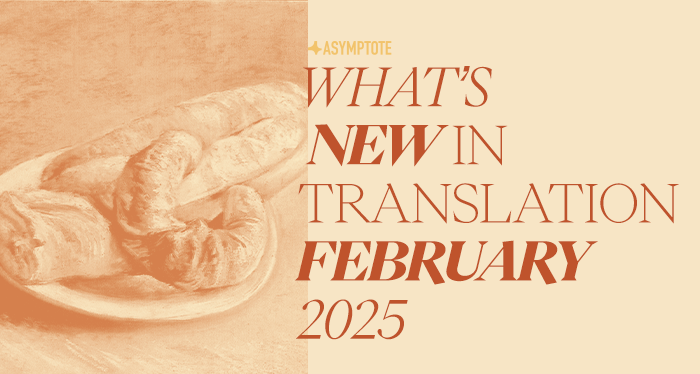



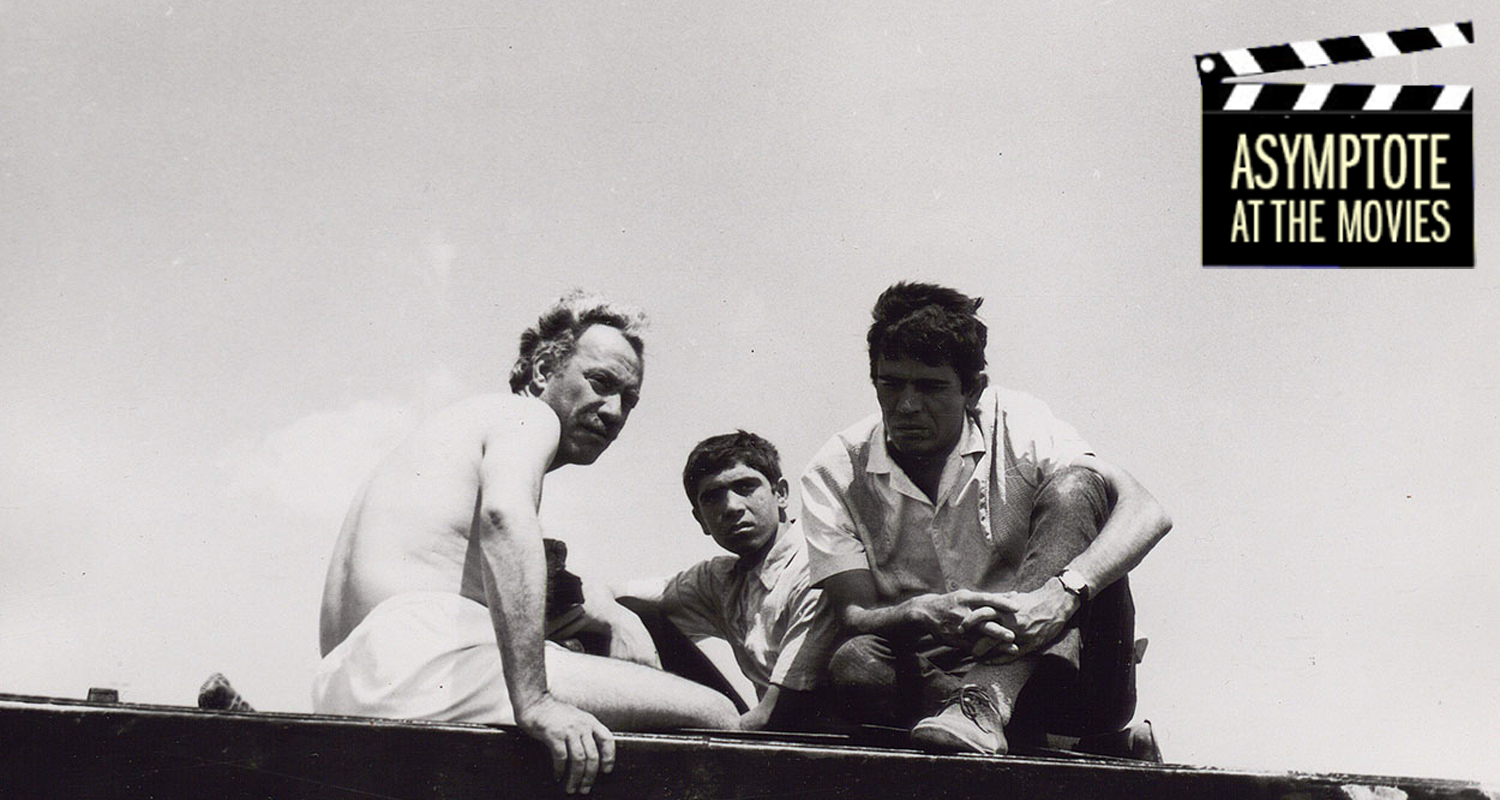

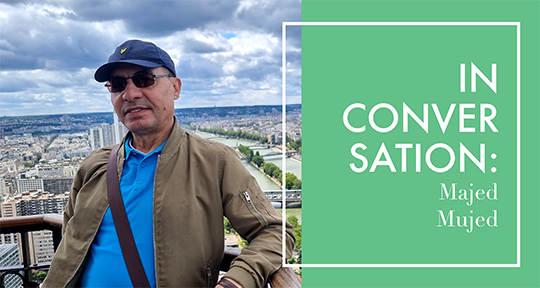
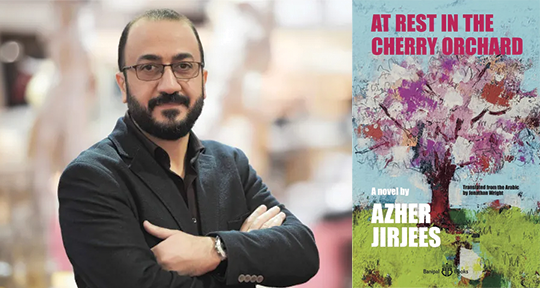
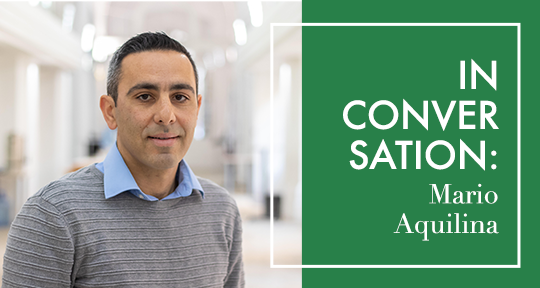
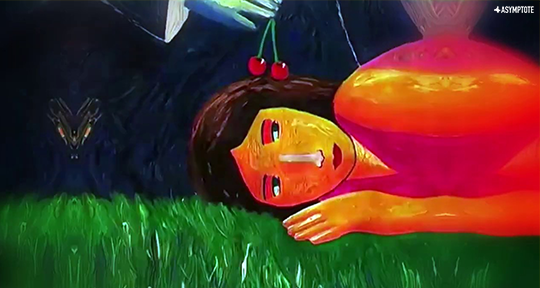
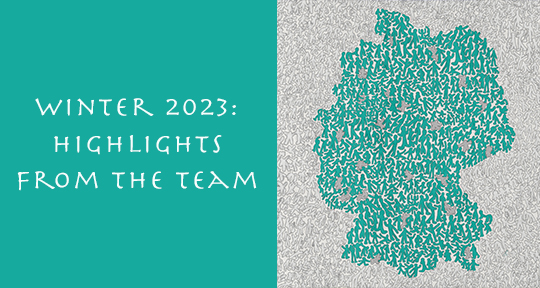
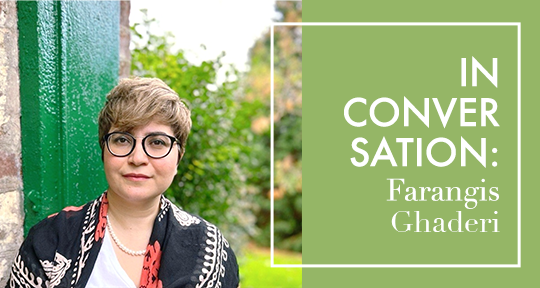
From Silly to Deadly: On Shalash the Iraqi by Shalash
. . .key to the humourist’s arsenal is none other than language itself—its malleability, its capacity for aggrandisement and diminishment alike.
Shalash the Iraqi by Shalash, translated from the Arabic by Luke Leafgren, And Other Stories, 2023
Anonymity fascinates and seduces. Endless speculations have circled invasively around who Elena Ferrante “truly” is; Catherine Lacey’s recent Biography of X reckons with erasing a layered past with a single letter of the alphabet; the first season of Bridgerton, the hit Regency-era romance on Netflix, has its narrative engine propelled by the question of Lady Whistledown’s real identity. These instances from the Global North exemplify the allure of mystery, but they fail to account for the stakes of remaining nameless in a political climate where to unveil oneself might be to threaten one’s own safety.
One might, in a moment of facetiousness, think of the eponymous chronicler of Shalash the Iraqi as the Lady Whistledown of Iraq’s Sadr City (or Thawra City, as it is lovingly christened by Shalash). Both issued frequent dispatches from within the epicentre of social disarray, guaranteeing the pleasure of gossip. More importantly, their pseudonymous veneers facilitated a lurid candour that might not otherwise have been possible.
There the similarities end. The respectable circles of upper-crust London did not live in the penumbra of foreign occupation. Nor were they plagued with the constant risk of spectacular sectarian violence, or hampered by a corrupt government that has “thieves, cheats, swindlers, traders in conspiracies” for politicians. It was against such chaos that Shalash released his explosive, timely blog posts, garnering a rapidly expanding local readership despite patchy Internet access in the country. The academic Kanan Makiya tells us, in his introduction, that people were printing out the posts, “copying them longhand,” “bombarding Shalash with questions and opinions.” Even high-ranking cadres could not resist partaking in the fanfare: one official expressed admiration while entreating Shalash not to mock him, for fear of his children’s potential disappointment. Another claimed that upon reading the daily communiqués, he would fall off his chair laughing.
Laughter, perhaps, can always be counted on to forge an affinity, if not a unity, beyond fractures of sect, status, and ethnic affiliation. Iraqis would “drop everything for a good laugh”; they gather in bars and down glasses of arak to immerse themselves in a “great, communal, and nondenominational drunkenness.” Shalash knows this, and abundantly turns it to his advantage. Nothing and no one is spared from the crosshairs of his ridicule, populated by a variegated cast that encompasses sermonisers, soldiers, suicide bombers, and donkeys. A vice-president’s verbal pomposity sounds like “he just ate a few expensive dictionaries and is about to lose his lunch.” A woman about to be married off to an Australian cousin is told, should her fiancé divorce her, “just tell everyone that he’s a terrorist and you’ll have nothing to worry about.” An odious neighbour, eager to save a spot for himself in paradise, proselytises the necessity of voting in the referendum for Iraq’s new constitution: “Don’t you know the going rate for rewards in heaven for helping ratify the constitution? It’s worth a hundred visits to the shrine of the Eighth Imam, and that’s on the far side of Iran!” When the narrator casually uses Google Earth, he is accused of lecherously spying on the women of his residence, sparking off a widespread hysteria—and court case—about the “violation of the morals of the block.” Each instance of mockery is a shard in a wider mirror of collective trauma.
READ MORE…
Contributor:- Alex Tan
; Language: - Arabic
; Place: - Iraq
; Writers: - Abu al-Qasim
, - Ahmed Saadawi
, - Catherine Lacey
, - Elena Ferrante
, - Emily Dickinson
, - Hassan Blasim
, - Kanan Makiya
, - Maya Abu al-Hayyat
, - Shalash
; Tags: - American occupation
, - anonymity
, - arabic literature
, - blogging
, - humor
, - Iraqi literature
, - social commentary
, - US Invasion of Iraq